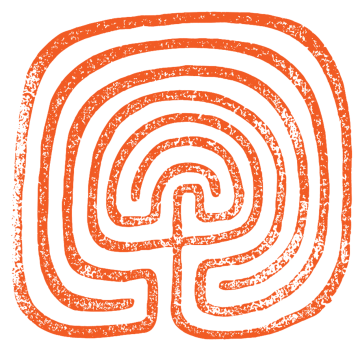Poems From Antiquity
Poems From Antiquity
Poems from Antiquity (1998) for clarinet quintet - 18'
-clarinet, 2 vln, vla, vcl
-Premiered by Anthony McGill, Tim Fain, Ivan Chan, Brian Chen, and Margo Drakos at the Marlboro Music School
Program Listing
Poems from Antiquity (1998)
I. Villanelle
II. Ballade
III. Monody
IV. Doggerel
V. Rondeau
Program Notes
“Poems from Antiquity” gets its name from the poetry of the Troubadors of the Middle Ages. Each movement derives its form and character from these poems. The first,“Villanelle,” is a poetic form of a lively and rhythmic nature that has lines that repeat and refrain. The second movement “Sonnet,” in this case, is based on the ancient Italian version that begins with six lines or parts and ends with eight. The “Monody” of the third movement, like an elegy or dirge, is an ode to someone who has passed. The fourth movement “Doggerel” applies to a poem that uses vulgarity and crudeness to get its point across. Finally, the last “Rondeau” is like the “Rondo” form found throughout music. It is characterized by a refrain that comes back like the chorus in a song.
The architecture of the work is held up by instrumental solos that run throughout the piece. The first movement is framed by the solos of both violins, while the third movement functions both as a solo for the clarinet and a movement in and of itself. The fifth and last movement is a microcosm of the entire piece. It begins with the viola solo and continues through each instrument; violins 1 and 2 are featured, then the clarinet, then again the viola. In the final minutes of the piece, the ‘cello solos both to close the structure of the movement and to resolve the architecture of the piece.
“Poems from Antiquity” was premiered at the home of Dr. W. Stephen Croddy on April 2, 1999 by Michael Rusinek, Timothy Fain, Soovin Kim, Kirsten Johnson and Margo Tatgenhorst. It is dedicated to the memory of my grandmother, Irene Busch Serkin.
Press
“…David Ludwig’s entrancing Quintet for Clarinet and Strings, Poems from Antiquity…The poetry found its way into the instrumental writing by giving the clarinet, violins, viola and cello a vocal, reciting quality…Ludwig maintained a judicious balance between the opposing forces of dissonance and sweetness, and the Farewell Symphony fashion in which players left the stage one by one at the end of the work was a deft piece of theater. It was surprising, too, since the absent musicians chimed in a few last chords offstage just when you thought they were gone.” –Philadelphia Inquirer
